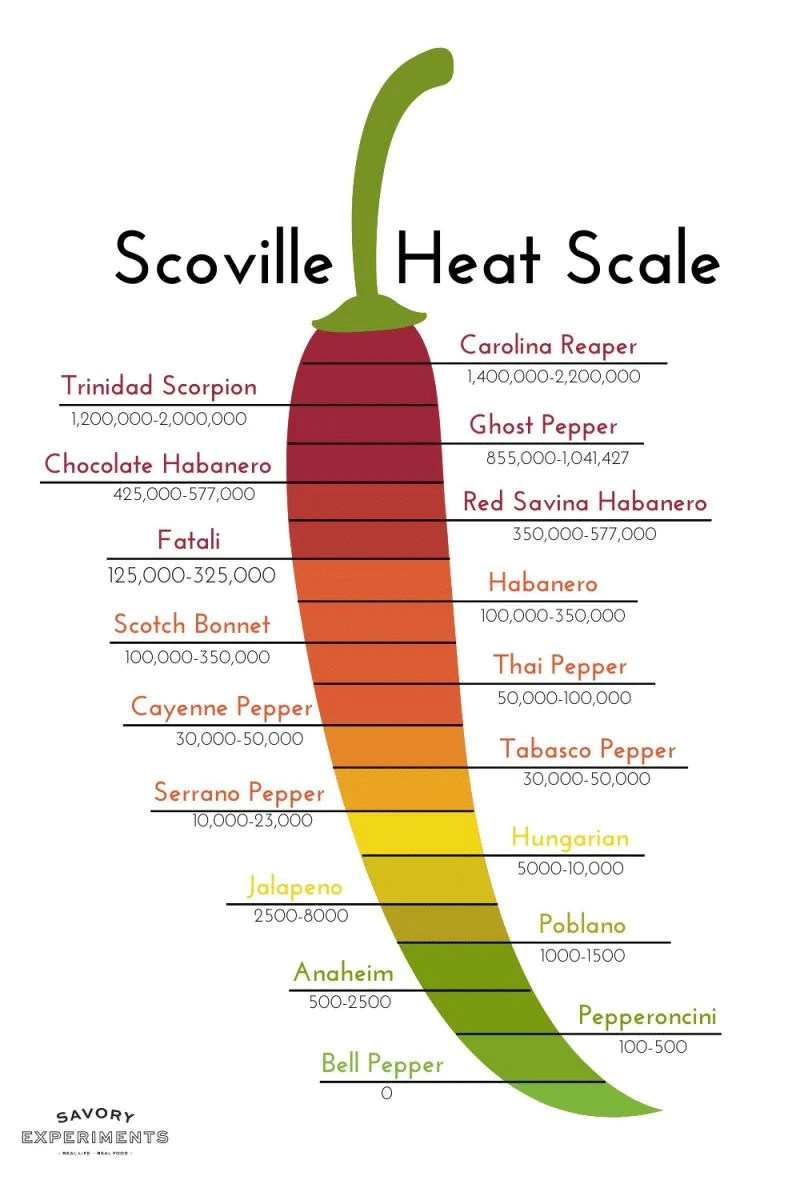4. Chili peppers may help to reduce blood pressure
Although some studies have found that the capsaicin in chili peppers increases arterial blood pressure, other studies have found that capsaicin does help reduce blood pressure. A study of hypertensive rats has revealed that the capsaicin in chili peppers causes the blood vessels to relax.1✅ JOURNAL REFERENCE
DOI: 10.1016/j.cmet.2010.05.015
Activation of the TRPV1 channel found in the blood vessel lining causes an increase in nitric oxide production, which protects blood vessels against dysfunction and inflammation. These results suggest that capsaicin may be able to help reduce blood pressure.
The researchers first checked if the TRPV1 protein was present in the endothelial cells that line the blood vessels. Several experiments were then performed to observe how capsaicin affected the mice’s blood vessels. The experiments were performed in both normal mice and genetically engineered mice lacking the TRPV1 protein. The mice were given either a diet including 0.01% of capsaicin or a diet without any capsaicin for 6 months before examining the effect on blood vessels.
Similar experiments were then performed in a strain of hypertensive rats. These rats were fed either a diet that included 0.02% capsaicin or a normal diet for 7 months before examining the effect on blood pressure.
It was established that the TRPV1 protein is produced by the blood vessel cells and should therefore respond to capsaicin. It was discovered that arteries from normal mice relaxed in response to capsaicin treatment, but the genetically engineered mice’s arteries that lacked the TRPV1 protein didn’t. This established thatTRPV1 needed to be present for capsaicin to have an effect.
Normal mice’s arteries that consumed a capsaicin supplemented diet for 6 months relaxed more in response to a blood vessel relaxing chemical compared to mice consuming a diet not supplemented with capsaicin.
The experiments in rats with high blood pressure revealed that capsaicin didn’t affect blood pressure after 3 weeks. Blood pressure did however start to go down after 4 months on the capsaicin diet, with a statistically significant difference between 5 and 7 months.
The researchers came to the conclusion that TRPV1 is activated by dietary capsaicin which helps improve the function of the endothelial cells lining the blood vessel walls. They suggest that consuming dietary capsaicin could be a potential lifestyle intervention for helping hypertensive individuals.

Image Source – savoryexperiments


